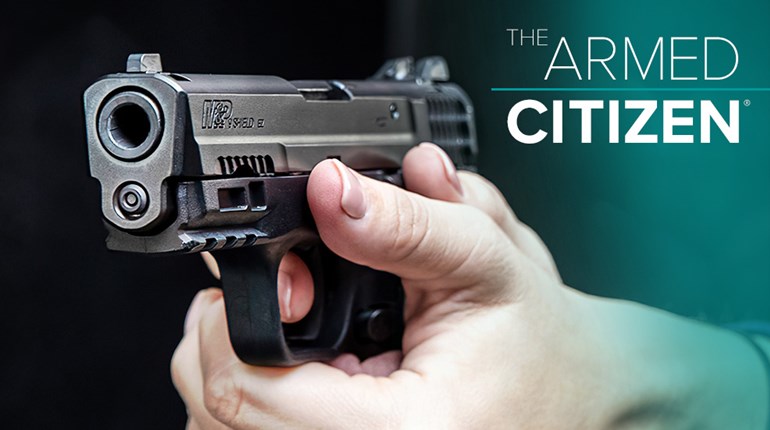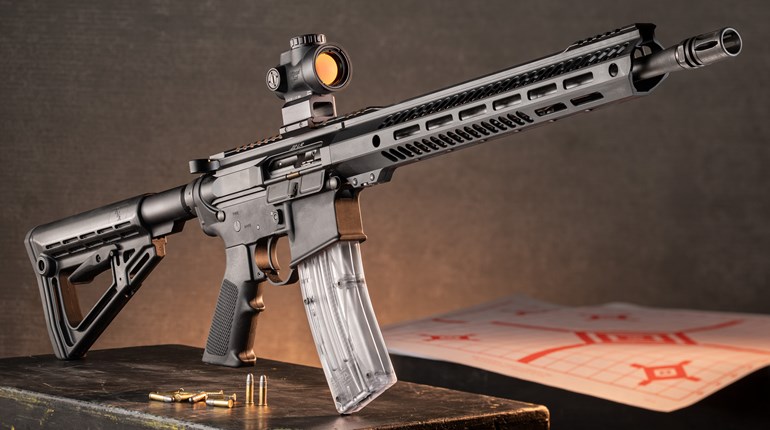
The prospect of practicing at the range once seemed like a given. Law-abiding gun owners—who acknowledge that marksmanship is a perishable skill—often fill the lanes regularly so they can hone their accuracy.
But the pressure against private ownership of firearms is so intense these days that shooting ranges are being squeezed to the point that some states are devising laws to protect them while other jurisdictions find themselves having to defend decisions to allow shooting ranges.
Maine recently stepped up to protect established ranges from such outside pressure that has been accompanying developmental encroachment. The legislation has its roots in being a response to a disturbing trend.
It seems that as some builders have constructed homes and such near existing ranges, some folks have complained that the range should be forced to stop doing business. That’s akin to parking your car right next to the fence of a baseball field then complaining if a homerun ball breaks a window.
Fortunately, Maine state Rep. Patrick Corey saw a way to prevent this back-door sabotage plan by the anti-gun crowd and sponsored a bill that blocks someone from filing a nuisance action against a range if it existed before the litigant acquired his property. Gov. Janet Mills signed it into law at the end of March. That’s a good thing, to be sure, but the fact that such legislation was even necessary is foreboding when it comes to what the future holds for the shooting sports.
However, in Pennsylvania things are moving in the opposite direction. The Middletown Township supervisors are trying to overturn a zoning-board decision to allow an indoor range in a struggling strip mall.
The controversy centers on the definition of “unnecessary hardship,” one of the stipulations for granting zoning variances. The zoning board late last year approved the variance for the range, which would include steel plates on the walls and ceilings, as well as soundproofing material—all of which would minimize any potential noise, thereby eliminating the fear of nuisance complaints. But the supervisors are appealing the variance, saying that a range would “alter the essential character” of the neighborhood.
We can only guess that the anti-gunners are so blinded by their lust to make almost all firearms disappear from existence that they are overlooking a key safety fact. If law-abiding gun owners have no safe place to keep their skills sharp, that could ultimately lessen their effectiveness to use their guns defensively. Also, law enforcement officers also need gun ranges to practice.
Oh, sure, the gun control crowd will say that defensive gun uses (DGUs) are few and far between, but lawful gun owners know otherwise. Even the Centers for Disease Control and Prevention (CDC) has shied from publishing data that contradicted what previous presidential administrations wanted the “official” government stats to show.
When you couple that type of activity with the fact that left-leaning states are trying every conceivable approach to tamp down the legal ownership of guns and the enjoyment of the shooting sports, those with criminal minds must be rubbing their hands in glee as they recognize that their potential victims will be ever more likely to be less prepared to fight back.
Outdoor gun ranges are also feeling the heat, too. Range 340, in West Virginia, has had to spend time and money on a noise complaint case that was appealed to the state supreme court. Although the state high court sided with the range as far as sanctions were concerned, the complainants can still seek monetary damages.
The current political climate should serve as a reminder to law-abiding gun owners to take nothing for granted.
Our right to keep and bear arms is being attacked from all sides, and it’s no time to be complacent.
What we have today might not be there tomorrow. That’s why lawful gun owners can’t let down their guards and must be vigilant in the fight to protect our rights.


































